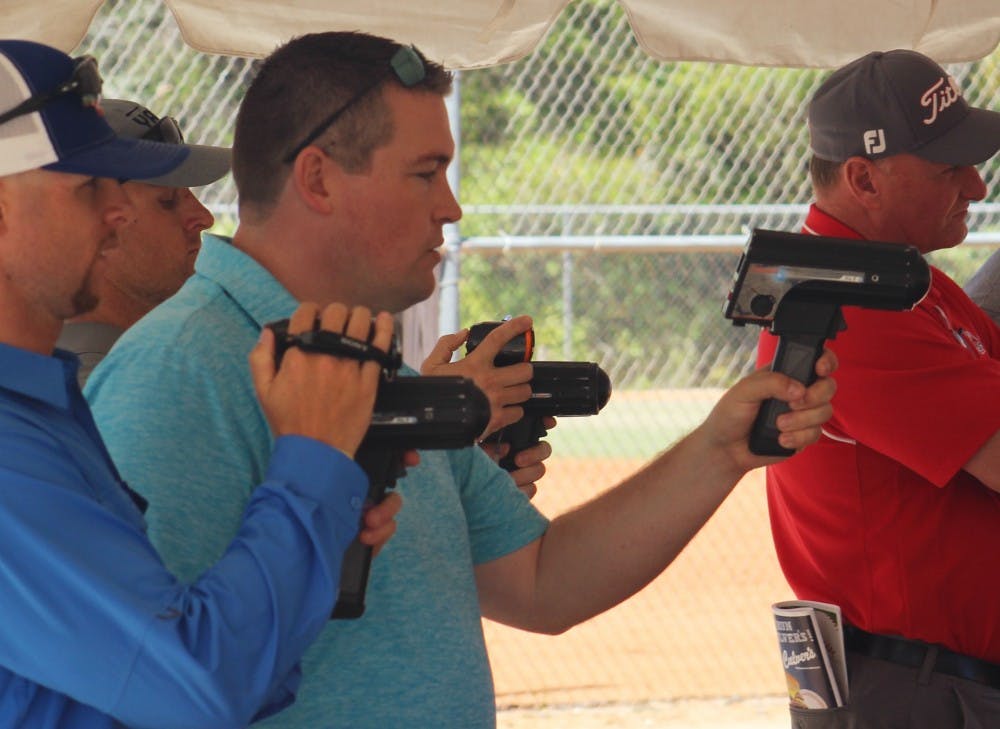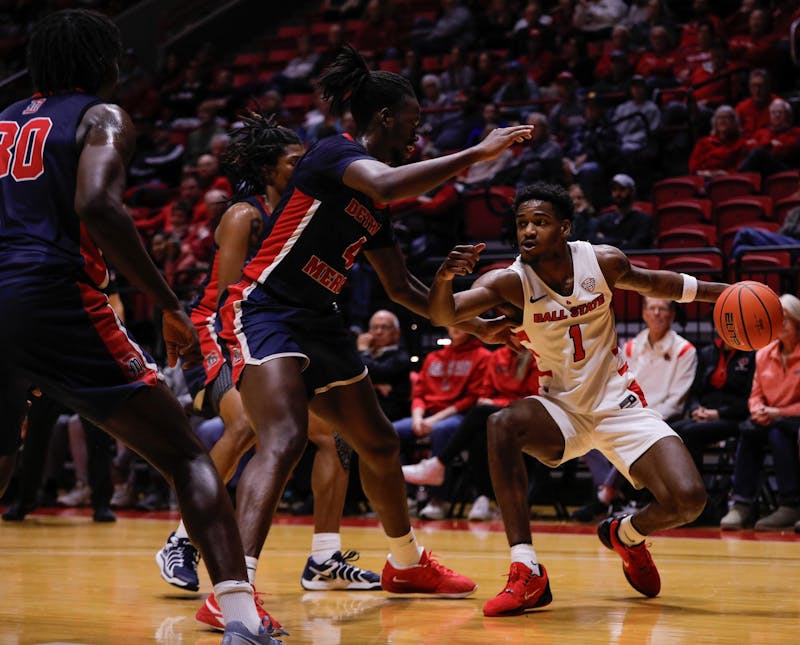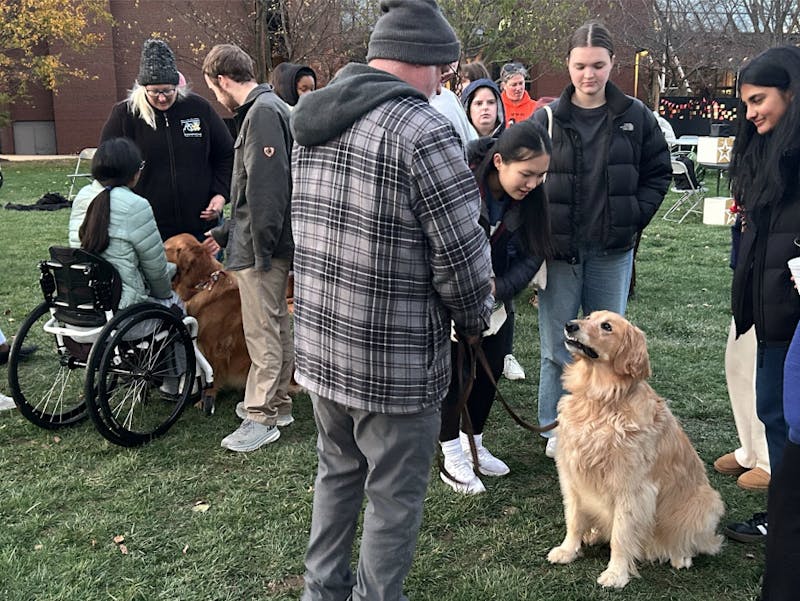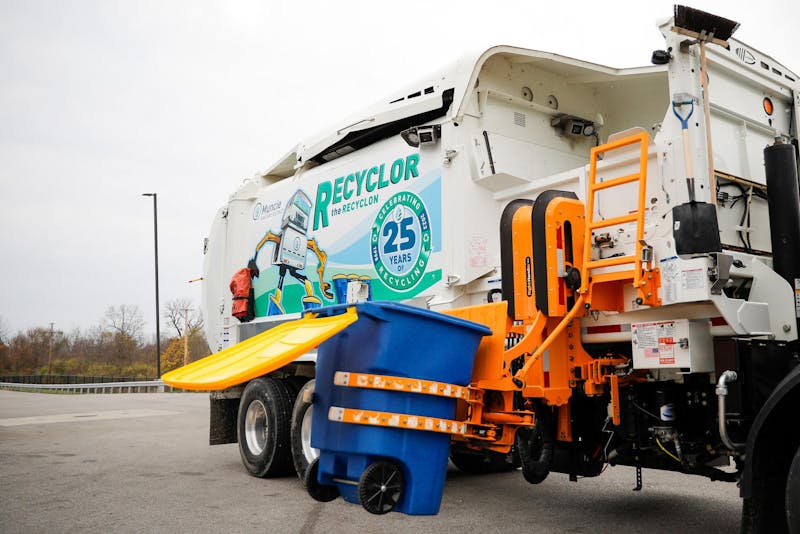Chicago White Sox area scout Justin Wechsler knows what he's looking for.
Sitting underneath a tent that shields him from the Florida sun, the former Ball State baseball player points his radar gun at the mound. He's surrounded by a few other scouts who made the trip to the Snowbird Classic, a college baseball tournament in Port Charlotte — and a prime opportunity to see several Division-I teams at once.
He turns and talks to some of the scouts he knows, who are simultaneously friends and rivals.
“You travel, you’re with the guys," Wechsler said. "But you’ve got to do your own work. It’s a dynamic, it’s different, I don’t know how to explain it. But my job is to find the best players for the Chicago White Sox, and that’s what I try to do.”
In 2001, Wechsler was selected by the Diamondbacks in the fourth round of the MLB Draft after being named as a second-team All-Mid-American Conference player three consecutive seasons with Ball State. He played minor league baseball for five years, plus a season of independent league baseball in 2006, before retiring, but he couldn't stay away from the game when he hung up his spikes.
“I got to play at a really high level, so you know what those guys look like and what those guys do on a consistent day-in-day-out basis and why they made it," Wechsler said. "So you try to find guys that can do that. It’s hard.”
Ball State head coach Rich Maloney, who coached Wechsler from 1999 to 2001, said scouts tend to get into the business as a way to work in baseball after their professional careers end.
“Really it’s just somebody who gets it in their blood and it’s just how they want to live their life," Maloney said. "They want to stay around the game, and that’s why the guys who are scouts stay in it for so long. It’s just a passion of theirs."
Wechsler, originally from Anderson, Indiana, said he's tasked with finding players from Indiana, Michigan, Northern Ohio, Western Pennsylvania and Canada, but it isn't as simple as box scores and radar guns.
“You want guys that are smart, intelligent, [and] got their stuff together because it’s hard," he said. "This game’s hard, and professional baseball is a lot harder than college baseball. Either you produce or you don’t, and that takes a special individual to take the good with the bad and keep grinding that through. That’s the hardest thing, is finding the guys you think can grind that out.”
To evaluate a prospect's mental makeup, Wechsler said he relies on his relationships with the high school and college coaches who are around the player every day.
"You get to know what the kid’s about, not just what he does on the field," Weschler said. "What they’re about, where they come from — I think that’s big.”
Wechsler's days are spent at baseball parks, usually behind home plate. He's constantly taking notes, calling his supervisors and keeping track of the prospects he isn't watching that day.
"It’s a lot more work than people realize," Maloney said. "I mean, those guys spend long days here, and then they travel and they’re away from their families for a long time. But for the guys who have that passion, it makes for a decent career."
Wechsler's work culminates in June, when he finds out which of his targets get picked up in the MLB Draft.





The Daily News welcomes thoughtful discussion on all of our stories, but please keep comments civil and on-topic. Read our full guidelines here.